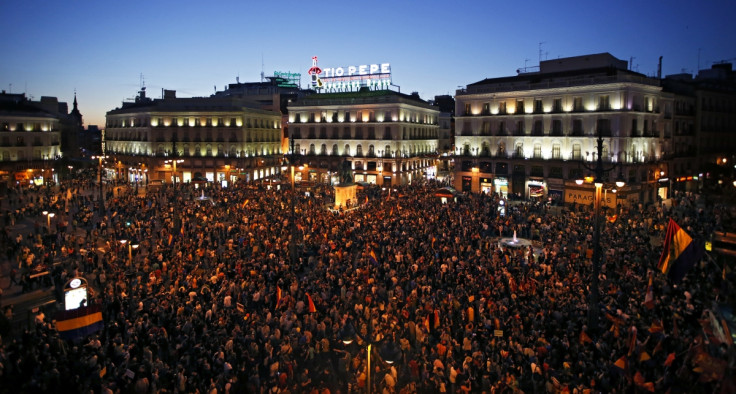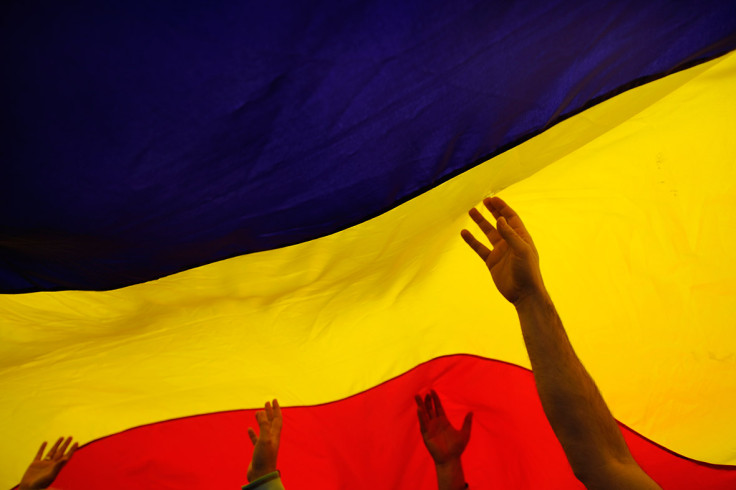King Juan Carlos Abdication Gives Spain Golden Chance to Move On from Monarchy

Spanish Prime Minister Mariano Rajoy announced on Monday morning that King Juan Carlos had abdicated in favour of his son Crown Prince Felipe.
The news caught everyone by surprise but the truth is that the popularity of the Spanish monarchy has been plummeting to its lowest level in memory, following recent scandals involving several royal family members.
Earlier this year, coinciding with the king's 76<sup>th birthday, El Mundo newspaper, the second-largest printed daily paper in Spain, published a poll that showed less than 50% backed the monarchy.
The announcement of the abdication was made just one week after the European Elections, where PP and PSOE, the parties which have been taking turns in power since 1977, failed to gather even 50% of the vote.
The third-most popular party at the elections was United Left (IU), followed by the newcomer Podemos (We Can). Both parties were among the first to demand a change after the king's abdication.
Cayo Lara, the 62-year-old leader of United Left, said that "It's inconceivable in the 21st century that we're still talking about blood rights", and added that "I grew grey hair dreaming with a Republic. I'm excited thinking that I might see a Republic before I die".
Pablo Iglesias, 35, who leads Podemos, said that "If Felipe de Borbon wants to be head of state, he should stand for election. Spaniards need to have the capacity to decide their future".
Even Nino Torre, general secretary of the Socialist Youth of Spain, the youth organisation of PSOE, told El Pais that they want a referendum. "If the majority wants a Republic, we will consider that this consultation should be the starting point for a constitutional reform" he said.
On Monday evening, thousands of people in more than 60 Spanish towns and cities took to the streets demanding a referendum on the future of the monarchy, encouraged by several online petitions.
"My kingdom started when I was young, in a very difficult period. We have had now had a long period of peace, freedom stability and progress" Juan Carlos said in his abdication speech.
"Today", he added, "a new generation must be at the forefront [of Spain]. Younger people with new energies [are needed] to undertake the reforms that the present juncture demands of us."
He is right. His kingdom started 39 years ago in a very delicate period. After Franco's dictatorship the country was scared and wary ahead of an uncertain future in which the memories and the wounds of the civil war were very present.
They voted the way they had to, and after that, Juan Carlos cemented his popularity bringing democracy and stopping an attempted coup.
But it's 2014 now, and the debt to the monarchy is paid. Today, there are a number of generations that have been born in a democratic Spain and for whom Francoism was only a couple of pages in their school history book.

Generations which comprise the majority of the population never voted for the 1978 Constitution. They don't have anything to do with pacts of silence or amnesty laws. They find hard to understand how the son of a king born in Rome - his family was exiled after it was deposed by the Second Republic - and later appointed by a dictator, has to inherit the crown without a referendum.
As Juan Carlos said, it's time for a new generation to take over. A generation of Spaniards for whom the word democracy also means voting on whether they want a republic or a monarchy.
© Copyright IBTimes 2025. All rights reserved.






















